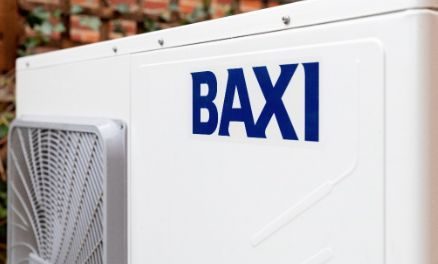 The government has recently unveiled its latest set of Feed-in-Tariff (FiT) rates for solar PV, and it has produced a mixed response from experts in the renewable energy industry.
The government has recently unveiled its latest set of Feed-in-Tariff (FiT) rates for solar PV, and it has produced a mixed response from experts in the renewable energy industry.
Ministers had initially planned to reduce the FiT rate to as low as 13.6p/kWh from 1st July but have instead settled on a new rate of 16p/kWh from 1st August. There will be further decreases of up to 28% every three months but with the promise that these will not be implemented if the market slows down.
However, ministers also announced plans to slash the lifetime of the FiT scheme from 25 years to 20 for new solar installations – which will significantly eat into the potential returns in the long term.
David Hunt, a director with renewable energy company Eco Environments, said, “Yet again the government stands accused of giving with one hand only to take away with the other.
“We are pleased that ministers have listened to the deluge of complaints from the solar industry about the scale and speed of the cuts proposed in their consultation document earlier this year.
“But we are also disappointed that the government still seems hell-bent on making life very difficult for the solar industry and the tens of thousands of jobs dependent on it as well as for consumers who are weighing up the pros and cons of investing in solar PV.
“While the return on investment remains attractive at around six percent, by reducing the FiT lifetime by five years consumers will earn approximately £20,000 less than they would have done if the 25 year term had been left in place. This is the sting in the tail that the industry and the consumer could have done without at a time when the market remains extremely fragile.”
Under the present FiT rate of 21p/kWh, the return on investment is more than ten percent and is index linked and tax-free, fixed and guaranteed for 25 years.
Hunt added, “We would urge anyone thinking about investing in solar PV to move quickly and get installed before the new 1st August deadline. Energy minister Greg Barker described his announcement today as a new and exciting chapter for the solar industry, but I don’t think too many people working at the heart of our industry will see it in the same positive light.”
However, contrary to this, Damian Baker, CEO for renewable energy provider RenEnergy, commented, “Today DECC have finally offered certainty on the Feed-in Tariff, which enables RenEnergy and the rest of the renewable energy industry to give our customers a clear message and make plans that extend beyond the next few months.
“Initially the date was scheduled for 1st July 2012, so the confirmed date of 1st August 2012 proves the DECC have listened to industry pleas of clarity by delaying the cuts for a further month. The cuts are inevitable and the rates that DECC have announced today still offer good returns to those looking to invest in PV. The degression rates are also more in tune with the levels at which we are seeing the cost of PV equipment fall. Overall we are pleased with today’s announcement”
In addition to this, Andrew Lee, general manager, Solar Commercial Sales Division, Sharp Solar, said, “We welcome the government’s decision to work towards creating a more stable Feed-in Tariff for the solar industry which helps to bring much needed certainty to the sector. This is a chance for the industry as a whole to turn a corner and work towards driving growth in the UK.
“The 16p rate still offers opportunities for both investors and homeowners to take advantage of a cost effective form of renewable energy while also bringing stability to the market. We will continue to maintain a dialogue with the government to continue moving solar forward and instill confidence in the sector. It is important to realise that the solar industry can still play a pivotal role and be part of the low carbon economy in the UK, and we are pleased that the government recognises this and is working to create a better, more effective tariff system.”




